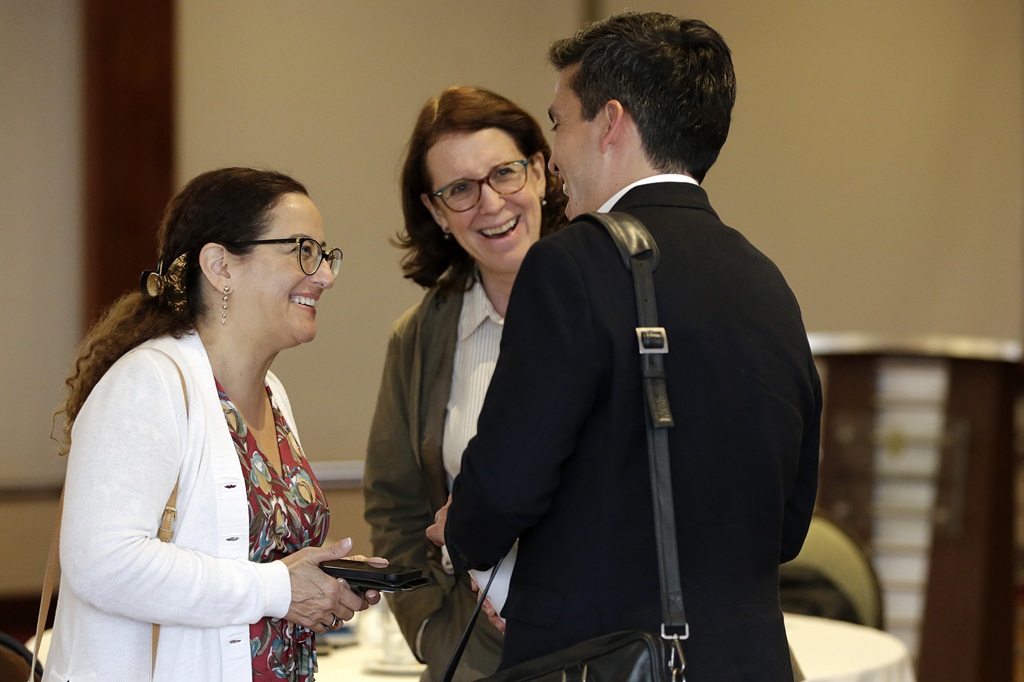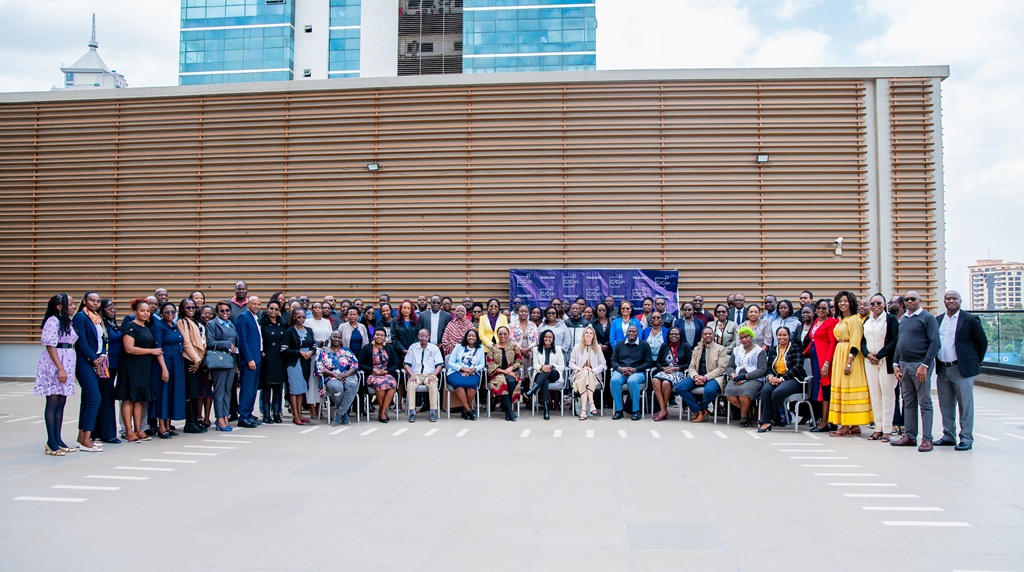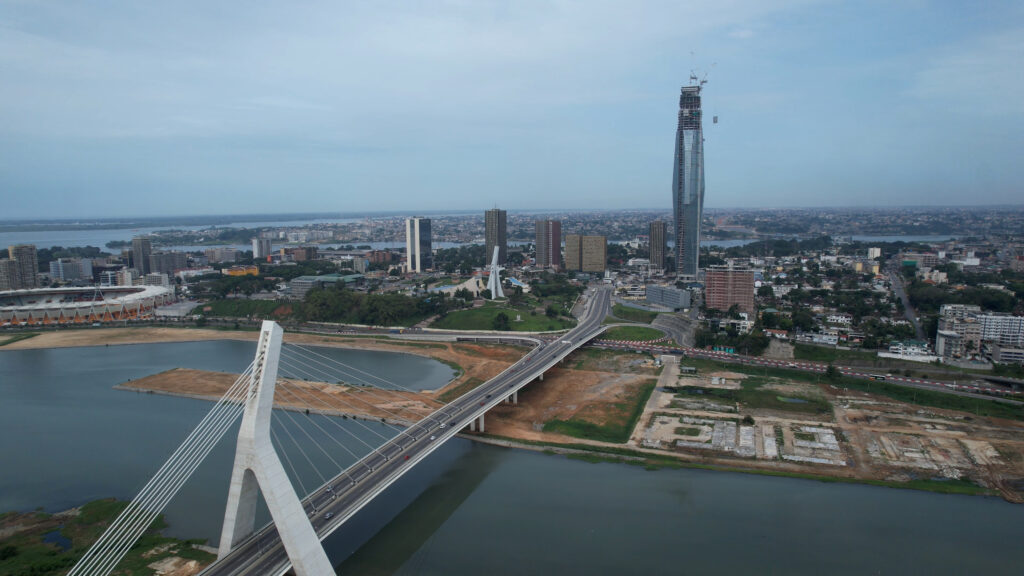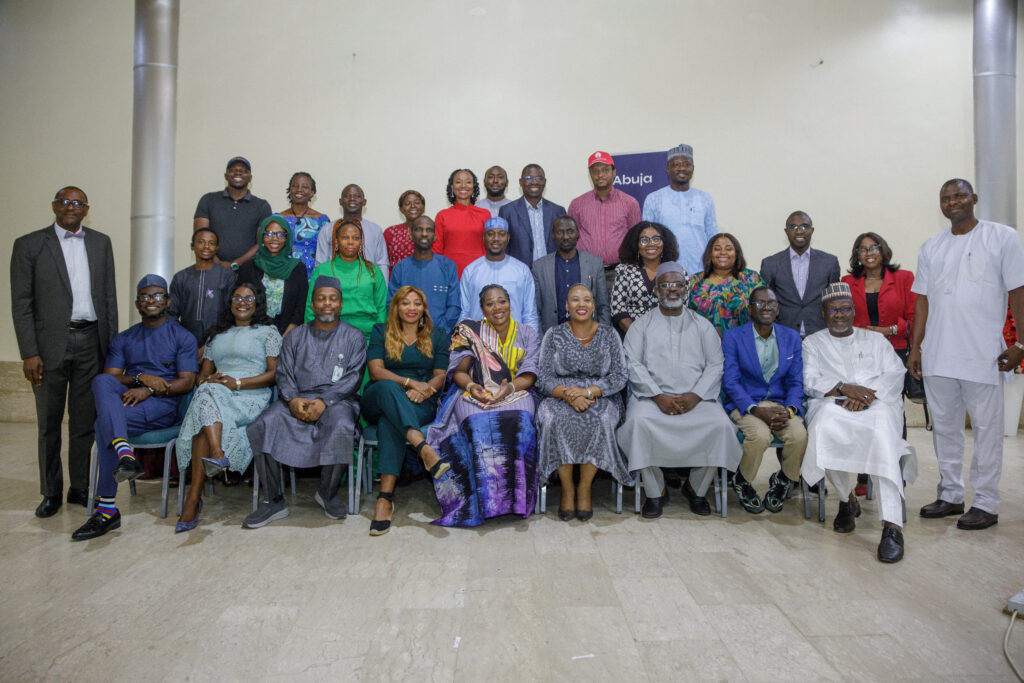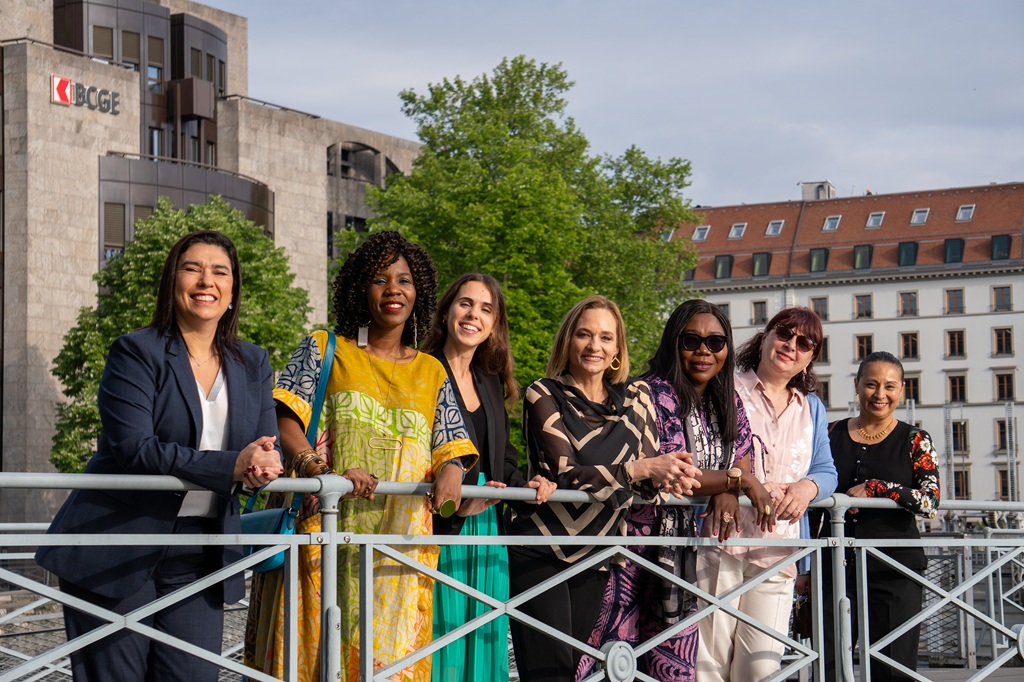
Esther is fifty-six years old. She lives in a small town in rural Ghana. As a middle-aged woman living in Africa, Esther’s five-year survival rate if she contracts cancer is just 12%. If she lived in a similar-sized town in the US, that survival rate increases to over 90%.
And it’s not just Esther. While the incidence rate of cancer is around 2-3 times higher in high-income countries, the mortality rates in low- and middle-income countries (LMICs) is significantly higher. Eighty-five percent of women diagnosed and 88 percent of women who die from cervical cancer live in a low- or middle-income country. The World Health Organization (WHO) estimates that, if current trends continue, the world will see a 60 percent increase in cancer cases over the next two decades. Eighty-one percent of new cases will occur in low- and middle-income countries.
The barriers to care: the impact of a lack of health spending
So why is there this disparity? Why does where you live have such an impact on your survival rates? As complex as cancer itself, the systemic barriers which block access to effective care, prevention, and treatment are similarly varied and complicated. Where someone lives, their job (or lack of), where their local doctor is, their level of health literacy, or even access to public transport – all determine whether a cancer diagnosis will be made, when it’ll be made, and whether the patient has access to safe, effective, and affordable treatment.
Health spending in Organisation for Economic Co-operation and Development (OECD) countries sits at around 11 percent of GDP. It’s clear that investment in health strategies in low- and middle-income countries could potentially save billions. Recent studies show that an $11B investment could save over $100B in cancer treatment costs.
The power of health financing
Access Accelerated has been working in partnership with C/Can since its launch in 2017. For the last three years, our partnership has included a strong focus on addressing the challenge of health financing. We know there is compelling financial evidence for committing resources to cancer care, but we also know many cities struggle to secure adequate financing.
Across all C/Can cities, the need for new and innovative ways to sustainably finance cancer solutions is clear.
For this reason, C/Can’s City Health Financing Lab (CHFL) supports cities to navigate the financial challenges of improving cancer care and treatment by engaging financial and economic experts in the C/Can process and providing cities with the data and economic tools they need to access sustainable financing. The CHFL supports C/Can stakeholders to explore innovative financing mechanisms such as PPPs and blended instruments when existing funding streams are inadequate, and build investable cancer solutions that advance quality and access for all.
Our commitment is to equip cities with the tools and knowledge of the local health financing landscape so that they can identify new avenues for financing priority cancer solutions.
– Susan Henshall, CEO, C/CanHelping cities achieve tangible results through partnership and collaboration
Cross-sector dialogue and collaboration has been key to the success of C/Can. Their inclusive partnership approach brings the cancer community and health policy makers together with global, regional, and local health financing experts from health economists to insurers, impact investors, and development banks to support informed and efficient design of cancer solutions.
With the support of Access Accelerated, C/Can launched the CHFL and started working in two cities:
- In Yangon, the CHFL analysed the demand for cancer services and the need to expand cancer treatment capacity. Building on the CHFL’s analysis, C/Can has partnered with the International Finance Corporation (IFC), a member of the World Bank group, to explore how a public-private partnership could be structured to invest in public sector cancer infrastructure and service capacity to meet the needs of Yangon’s population.
- In Cali, C/Can engaged a team of regional economic experts to gather evidence of the long-term financial and social return on investments in radiotherapy and nuclear medicine. In addition, C/Can’s partnership with MSD, an Access Accelerated member, has catalysed the development of a potential new financing mechanism to expand cancer services in Cali through a blended financing instrument and a pay-for-performance framework.
The advent of a new normal
It’s tempting to focus on the here and now, particularly as we wrestle with the impact of COVID-19. However, if this pandemic has taught us anything, it’s that governments need to view healthcare as an investment, not a cost and ready health systems for the challenges of the future. As Dr Ren Minghui, Assistant Director General at the WHO writes: “This is a wake-up call to all of us to tackle the unacceptable inequalities between cancer services in rich and poor countries. Cancer should not be a death sentence for anyone, anywhere.”
Sustained financing of healthcare, is now more important than ever. Governments need to get smarter about health spending. We need to work together to build strong, resilient health systems which can support ongoing population health needs.
By fixing the fundamentals now not only will countries be ready for the next crisis, but they’ll be building stronger and healthier communities that thrive.
James Headen Pfitzer
Director, Access Accelerated
